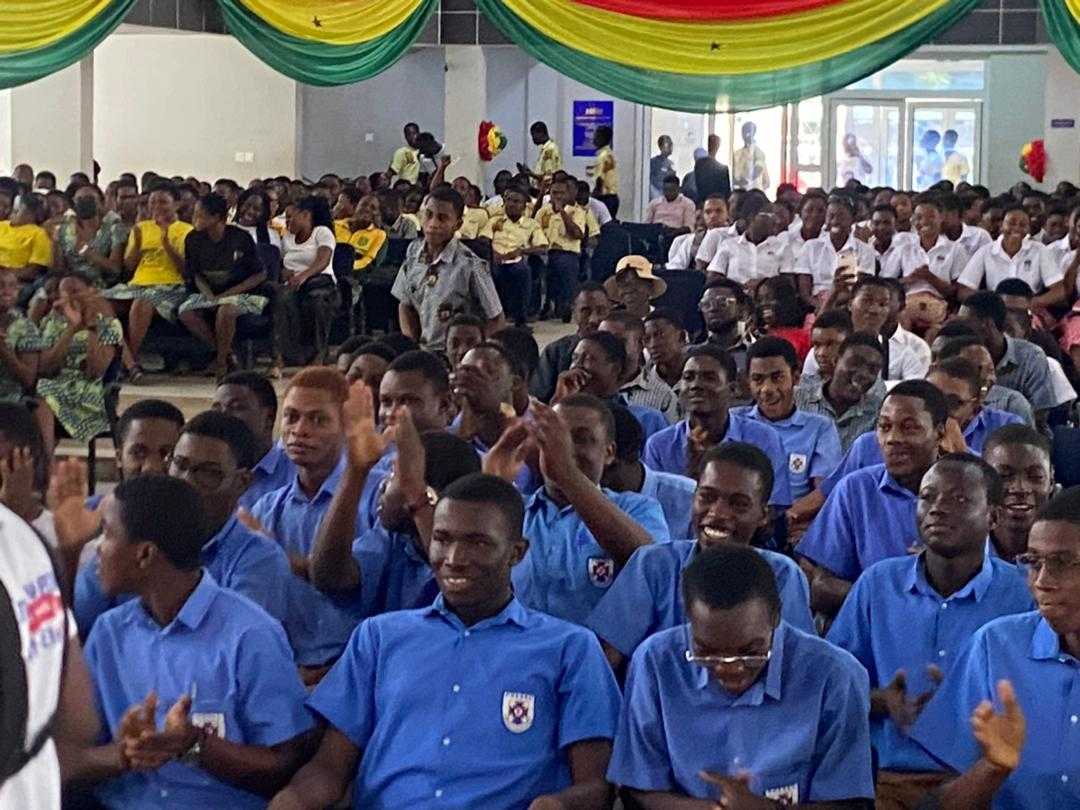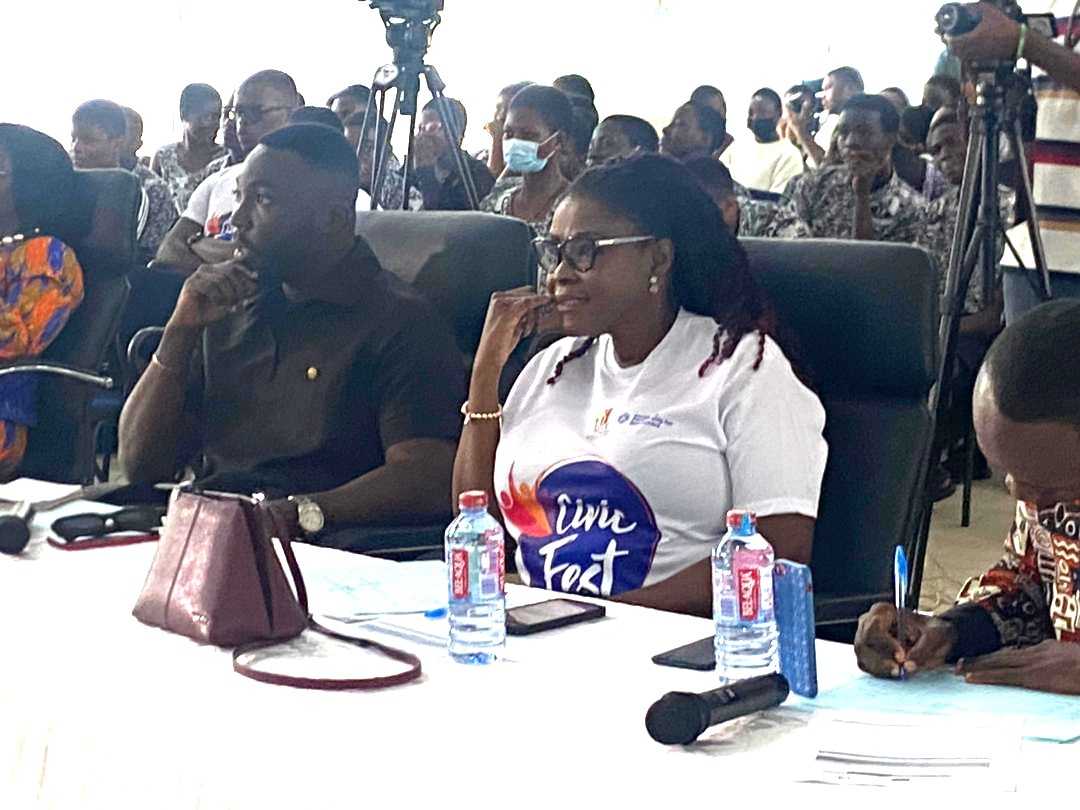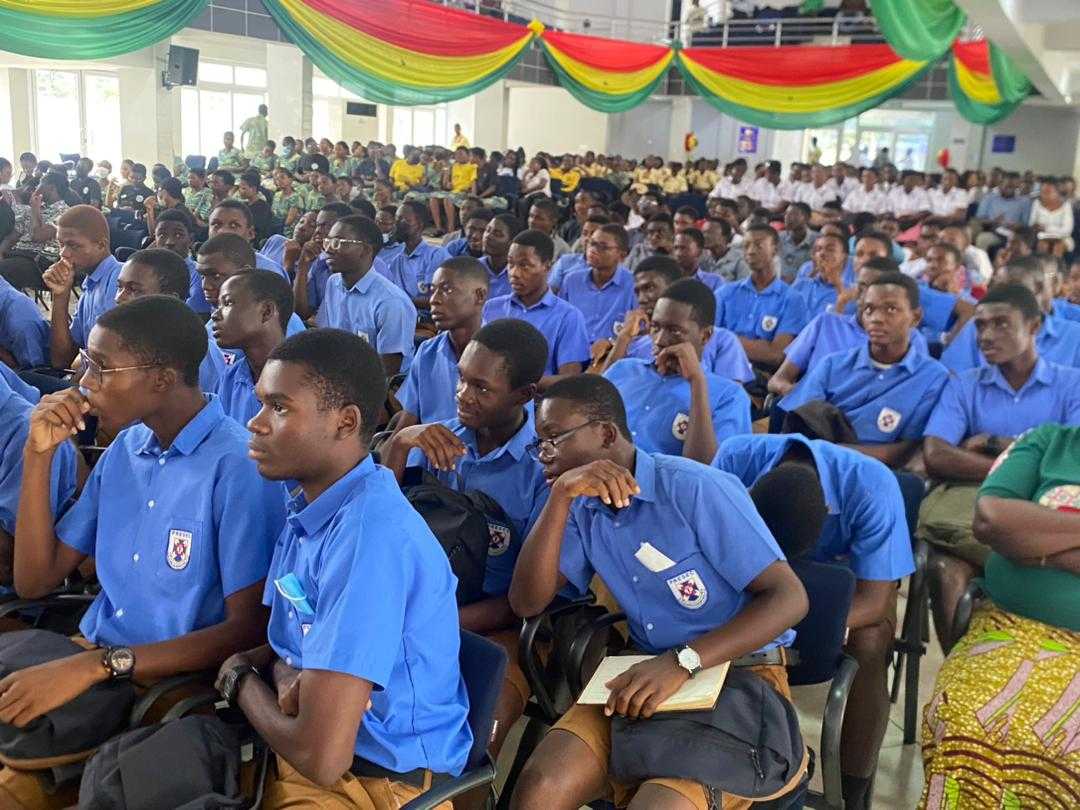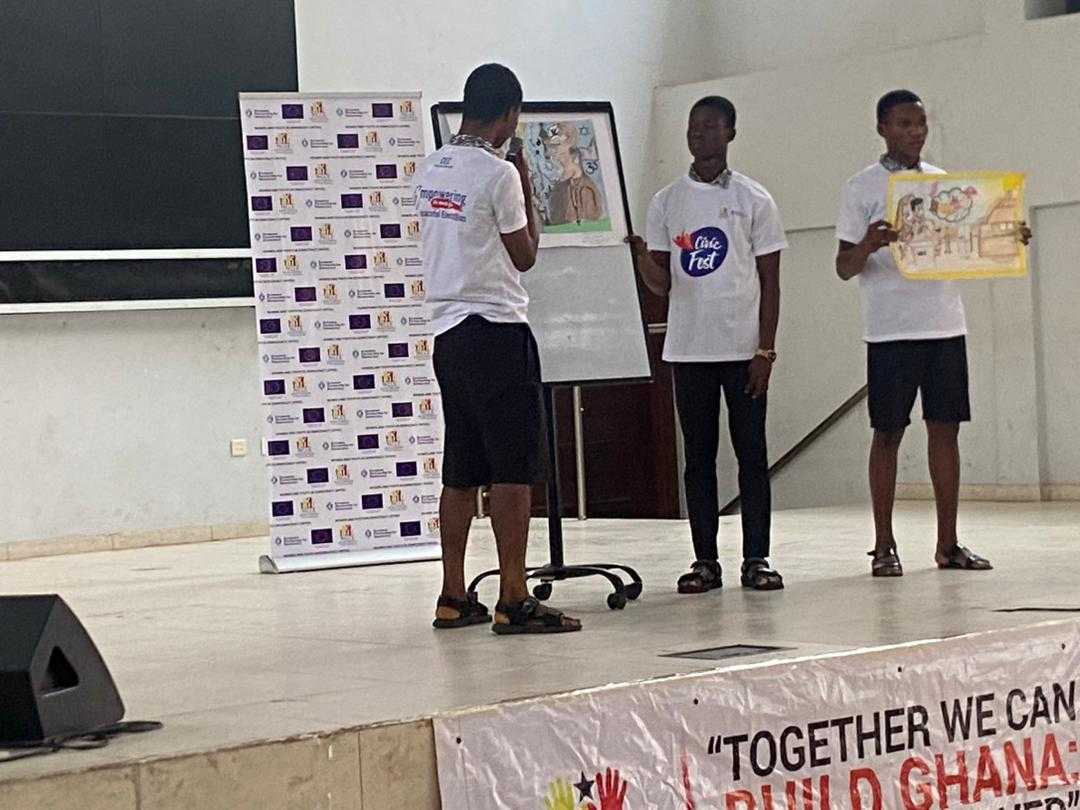The National Commission for Civic Education (NCCE) is ramping up its efforts to educate the youth, both within schools and in out-of-school settings, on the 1992 Constitution.
This initiative is part of a comprehensive campaign to instill a sense of civic responsibility among Ghanaians, with a special emphasis on the importance of environmental stewardship for sustainable development.
Kathleen Addy, Chairperson of the NCCE, underscored the critical need for Ghanaians to be conscious of their civic duties, particularly in relation to protecting the environment.
She emphasized that corrupt practices which harm the environment must be actively resisted to safeguard the nation’s future. “Our environment is our heritage, and its protection is a shared responsibility,” she remarked.
The NCCE asserts that empowering women and youth to fully engage in national affairs is essential for achieving the broader goals of peace, prosperity, and sustainable development.
In line with this vision, the Commission recently organized a forum that brought together students from various senior high schools to deliberate on the vital role of peace during election periods.
The forum, which is a cornerstone of the NCCE’s broader educational activities, is designed not only to promote religious tolerance but also to heighten political awareness among the general public.
By engaging students in meaningful discussions, the NCCE aims to foster a generation that is both civically aware and committed to peaceful, non-violent elections.
At the event, students from Labone Senior High School took the lead in addressing the issue of election intimidation. They urged their peers and the broader public to approach polling stations with confidence, encouraging everyone to “cast their ballots without fear of intimidation from any group.” This message resonates strongly in a climate where electoral integrity is paramount.
Other participating students voiced concerns over the practice of vote-buying, warning that the use of money to influence voters could severely undermine the democratic process.
They pointed out that such practices could lead to the election of leaders who do not have the country’s best interests at heart, ultimately compromising Ghana’s future.
The discussions also touched on the devastating effects of violent elections, particularly in other parts of Africa. The students noted that women and children often bear the brunt of electoral violence, making it even more imperative to ensure peaceful and fair elections in Ghana.
The NCCE has expressed its commitment to continuing these engagements across other regions, with plans to involve more students and women in discussions aimed at ensuring successful and peaceful elections. The Commission views these activities as vital in cultivating a culture of tolerance and civic responsibility.
Reflecting on the broader purpose of the NCCE, Addy highlighted the foresight of the framers of the 1992 Constitution, who recognized the importance of educating the public on the document’s core principles and benefits.
The NCCE was established with this goal in mind, and it remains steadfast in its mission to inform and empower citizens about their rights and responsibilities under the Constitution.
As the nation approaches another election cycle, the NCCE’s work in promoting civic education and engagement is more important than ever. By focusing on the youth and fostering a spirit of tolerance and responsibility, the Commission is laying the groundwork for a more informed and participatory electorate, essential for the health and vitality of Ghana’s democracy.




_
Follow us on our social media pages for more stories and posts from the NCCE.
https://www.instagram.com/nccegh1/
https://www.facebook.com/nccegh/


Leave a comment